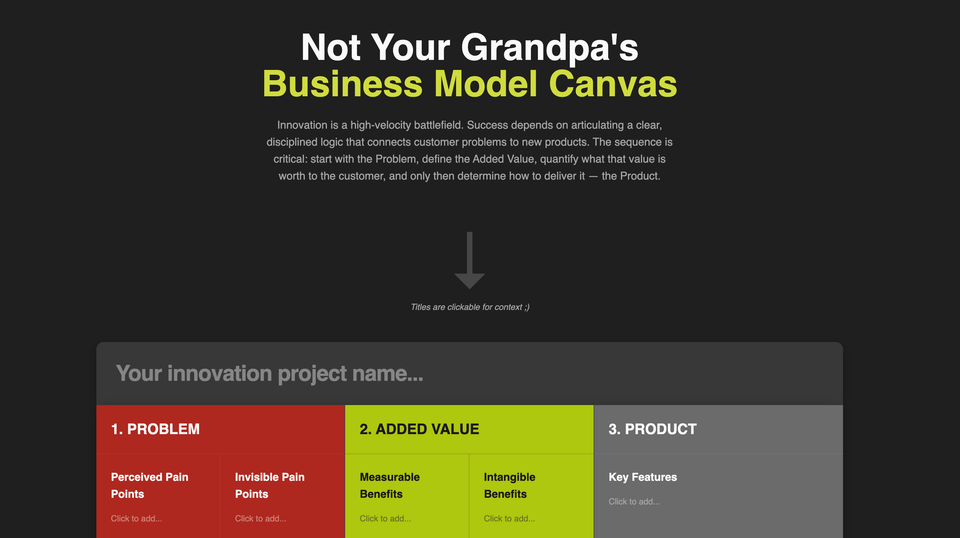Strategic mentoring in times of crisis

Since the first edition of my white paper about strategic mentoring in 2015, I have observed, designed and supported many mentoring programs. Organizations who had managed to incorporate mentoring as part of their culture seemed to have navigated the COVID-19 crisis much better than others. This second edition of the white paper may partly explain why.
“RESILIENCE – Trusting and supporting relationships acting as a safety net during troubled times.” (p.6)
Firstly, when mentoring is an integrated practice in your organization, it means support networks are already in place before any crisis starts. It also means, that when the crisis hits, people can easily reach out to each other, share best practices, encourage and reassure each other.
“It is the confrontation to the outside — often unrelated — world, that can stimulate the ideation process. Innovation emerges out of confrontation with the unexpected.” (p.10)
Secondly, when mentoring is in place, it can help employees accelerate their adaptation process, because they have access to a wider network of resources within the company to bring their ideas to implementation.
“SPEED – Accelerating adaptations to the market, solving problems quicker and propagating best practices.” (p.6)
And finally, mentoring programs tend to offer more career visibility and hence more opportunities for internal mobility. So during a time of crisis, when you might require a fast reshuffle of teams, mentoring can ease the process.
“Mentees will gain a wider knowledge of the organisation which can encourage mobility, and mentors will network with their peers in other businesses. The informal communities created will benefit the business by breaking down the silos and encouraging transversal communication.” (p.21)
Of course, I am not saying that mentoring is THE solution to any crisis. However, having mentoring practices integrated in your company culture will definitely spread benefits much wider than what you may think. The benefits go beyond the mentoring pairs, they spread to the mentoring community and the whole organization.
Want to discuss how to get a strategic mentoring program started? Have feedback from our key clients that already have ROI from theirs? Contact me ; )




